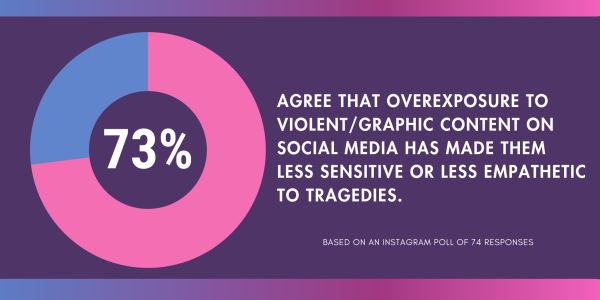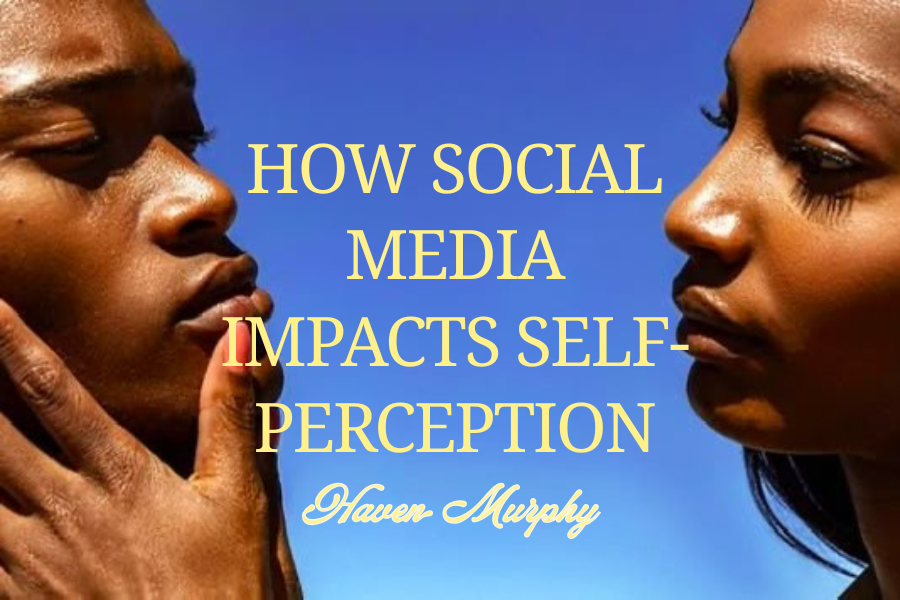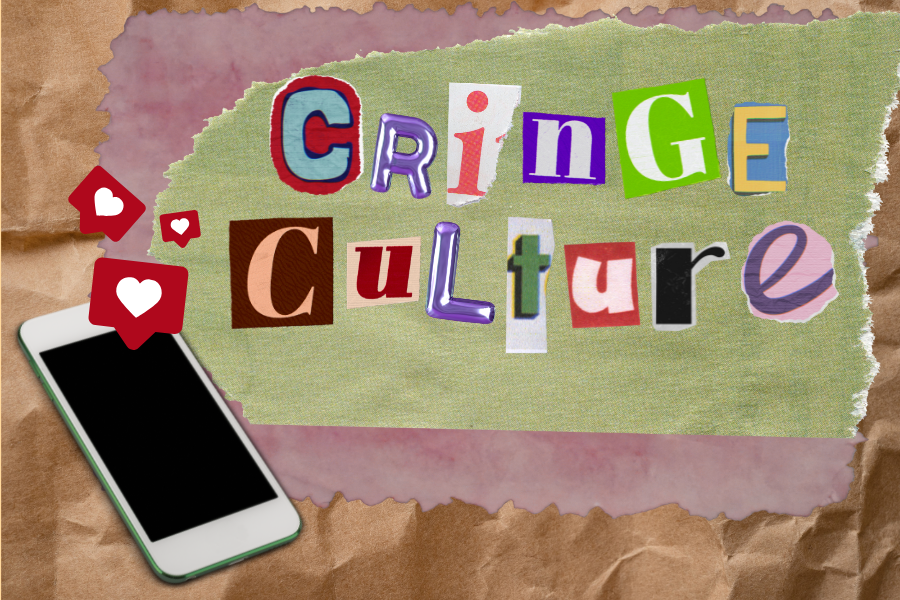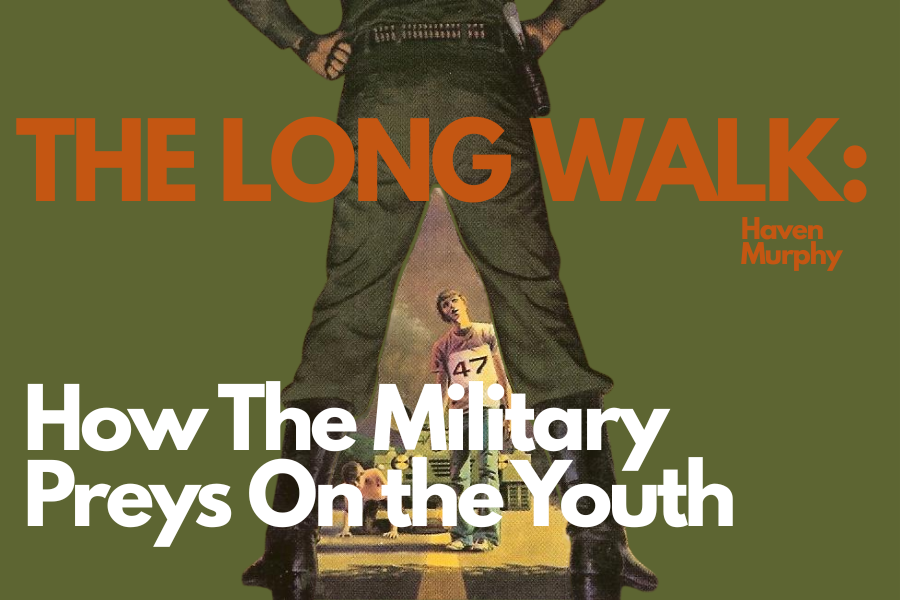During my daily scroll through my Instagram feed, familiar topics welcome me: funny reels, posts from family…death, war and hatred. I tap through a couple of my friends’ stories, one saying something along the lines of, “guys I got an F on my calculus test I’m literally going to kill myself.” I take this all in with no change in mood: joking about serious stuff is “dark humor,” and viewing something violent is just a shared experience amongst social media users. However, social media significantly harms our capacity to empathize with others, posing a serious threat to our overall well-being.
To be desensitized is to feel emotion less intensely than before through repeated exposure or normalization of graphic material. It can cause one to be emotionally insensitive and react inappropriately. This is especially common on social media, given its highly impressionable audience.
Becoming desensitized can stem from graphic or emotional topics constantly resurfacing in the news, such as gun violence and war. When tragedies are broadcast on social media for all to see, it becomes a rapid fire of different opinions and perspectives filling your feed. People often do not give themselves the proper time to process such events, so they self-inflict desensitization through doomscrolling, or purposely searching through a rabbit hole of negative news.
It doesn’t help that witnessing violence in any form of media is inevitable. CNN states that 90% of movies, 68% of video games and 60% of TV shows show a depiction of violence. Violence in media tends to be idolized, with so many die-hard fans of true crime podcasts and documentaries on every popular streaming platform.
So, if media violence is a collective experience amongst many, does it really impact us?
After conducting a survey on Instagram with over 70 responses, 73% of my followers agree that overexposure to violent/graphic content on social media has made them less sensitive or less empathetic to tragedies.
“As much as I hate my answer, it’s unfortunately true,” said one survey responder. “The fact that violence is so much more widespread in America [because it is] presented in the media and sometimes even romanticized or downplayed literally and even chemically changed our brain’s reactions to [sensitive] things,” said another.
For the other 27%, “I feel like it makes me more sensitive, seeing exactly what is happening to people who are in those situations and what the scene looks like,” said a responder. “It’s heartbreaking.”

Similarly, from a Method Communications survey of 2,000 Americans, 43% of consumers believe social media is to blame for declining societal empathy. A decrease in empathy can come from experiencing “compassion fatigue,” or emotional exhaustion and withdrawal from exposure to traumatic events. Because of the constant stream of violent media, we start to feel less strongly toward them because it is “normal” to see and tragic events become less of a “shocking” evil.
However, this does not mean we need to scavenge for content invoking those feelings. Social media figures such as Shaun King utilize shock factor to shine a light on important topics, and though “shocking” content adds a new perspective for viewers to take in, there is a stark contrast between sharing insight, like statistics, and posting literal gore to compel attention forcibly. There is some moderation as Instagram does have a sensitive content control feature. Still, it does not amount to much when King has a platform of 5 million followers and continuously posts deeply graphic videos and photos of the Palestinian/Israeli war with little to no warnings. When viewers witness an unblurred video of a decapitated child from the bombings, it actually has the opposite effect: it is more likely to disturb people enough to have a distaste for the topic rather than feel called to action. For an event that needs to reach audiences worldwide, having viewers feel that they have no choice but to turn away is especially harmful to both the viewer and the cause as a whole.
Instead of finding something new to invoke sensitivity, it is best to mediate the problem at hand and learn how to navigate the kaleidoscope that social media is without damaging your well-being. The ideal solution is to decrease the use of social media, but it is much easier said than done when we live in the digital age; there is no chance I will delete Instagram after writing this. For now, the “single solution” is for platforms to strengthen their censorship policies. In the meantime, the best thing you can do for yourself is to take in new information one post at a time and take breaks to process rather than punishing yourself with doomscrolling, especially during this time where our world is not at peace. We must protect our capacity for empathy.









